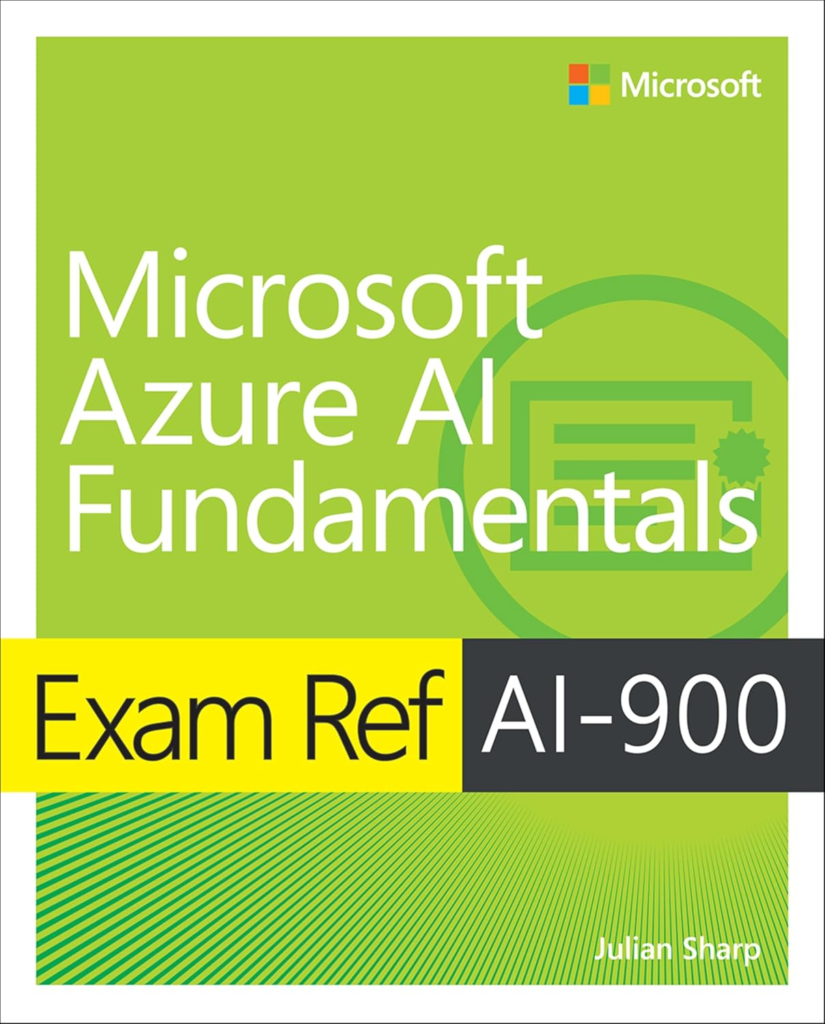“Microsoft”: We Are Living in the “Second AI Season”
Recently, Microsoft announced that the world is currently experiencing what it calls the “second season of artificial intelligence,” highlighting a major shift in the technology sector driven by rapid advancements in AI. This term reflects a new wave of technological innovations that are significantly impacting various aspects of daily life, from work and education to healthcare and entertainment.
(Purchase today by clicking on the image)
From the “First AI Season” to the Current Phase
The “first AI season” was centered around research and lab experiments, where AI applications were limited and mainly focused on improving industrial processes and developing smart programs. This phase evolved to include broader applications, such as digital assistants and voice and image recognition systems. However, with the emergence of the “second AI season,” these technologies have become an integral part of daily life, moving beyond traditional applications to enter entirely new fields.
Next-Generation AI Technologies
What sets the “second AI season” apart is the widespread adoption of generative AI, which enables systems to create new content, such as text, images, and music, based on the data they are trained on. These applications have become more common with the development of models like GPT and DALL-E, which Microsoft has integrated into its services and products, such as Microsoft 365 and Azure.
These advancements also enhance programming and data analysis tools, allowing developers to automatically generate code or improve existing code. These improvements save time and reduce errors, boosting productivity and fostering innovation.
Applications in Daily Life and Business
Microsoft is striving to integrate AI technologies across its various products and services, enhancing user experiences and increasing business efficiency. For example, users can utilize AI technologies in Microsoft Word or Excel to create documents and analyze data more quickly. Companies can also use AI to analyze big data and better understand patterns, helping them make strategic decisions based on accurate information.
In healthcare, AI is used to analyze radiology images and predict diseases through advanced systems that process medical records. Education is also undergoing a transformation, with AI tools creating interactive learning materials that adapt to students’ levels.
Challenges and Potential Risks
Despite the significant benefits of AI technologies, there are concerns about security and privacy, as data could be exploited in unethical ways. Additionally, generative AI can lead to issues with misinformation, as it can be used to create fake content that is difficult to distinguish from real information.
There are also concerns about the impact on the job market, as automation and AI may change the nature of jobs or eliminate some roles. Microsoft aims to address these challenges by implementing policies that ensure ethical and responsible AI use while working on developing skills for workers to adapt to the new phase’s requirements.
Microsoft’s Future Vision
Microsoft believes that AI will be the central element in technology over the next decade and will change how we interact with the world. The company seeks to invest heavily in research and development to empower communities and businesses to harness AI’s potential while promoting transparency and privacy in this field.
In conclusion, the “second AI season” marks the beginning of a new era in technology, where capabilities are expanding, and applications are evolving like never before. This opens up vast opportunities to improve quality of life and achieve significant progress across various sectors.
(Purchase today by clicking on the image)






